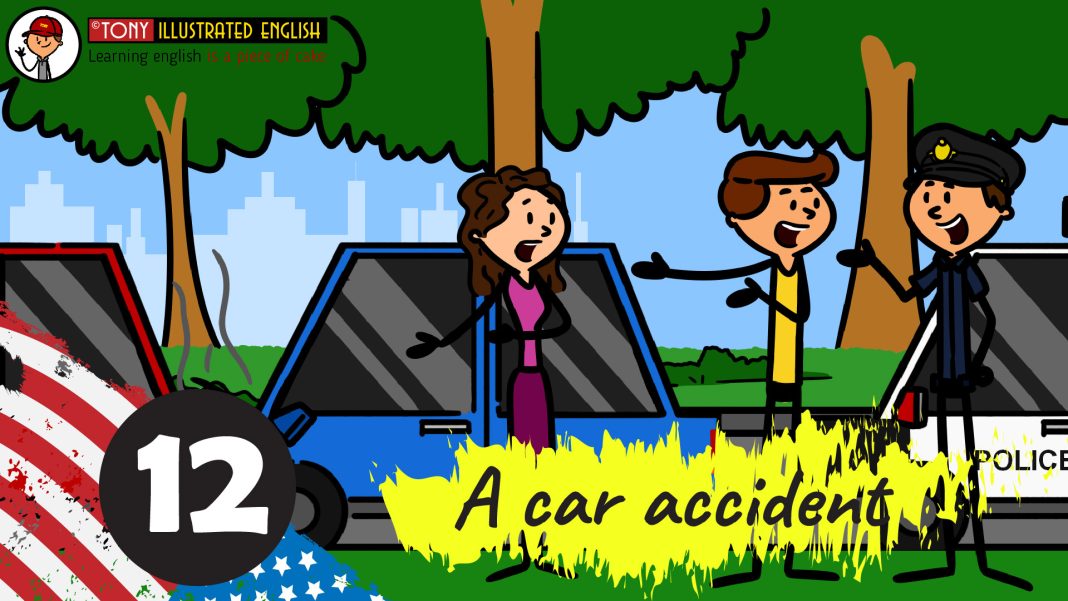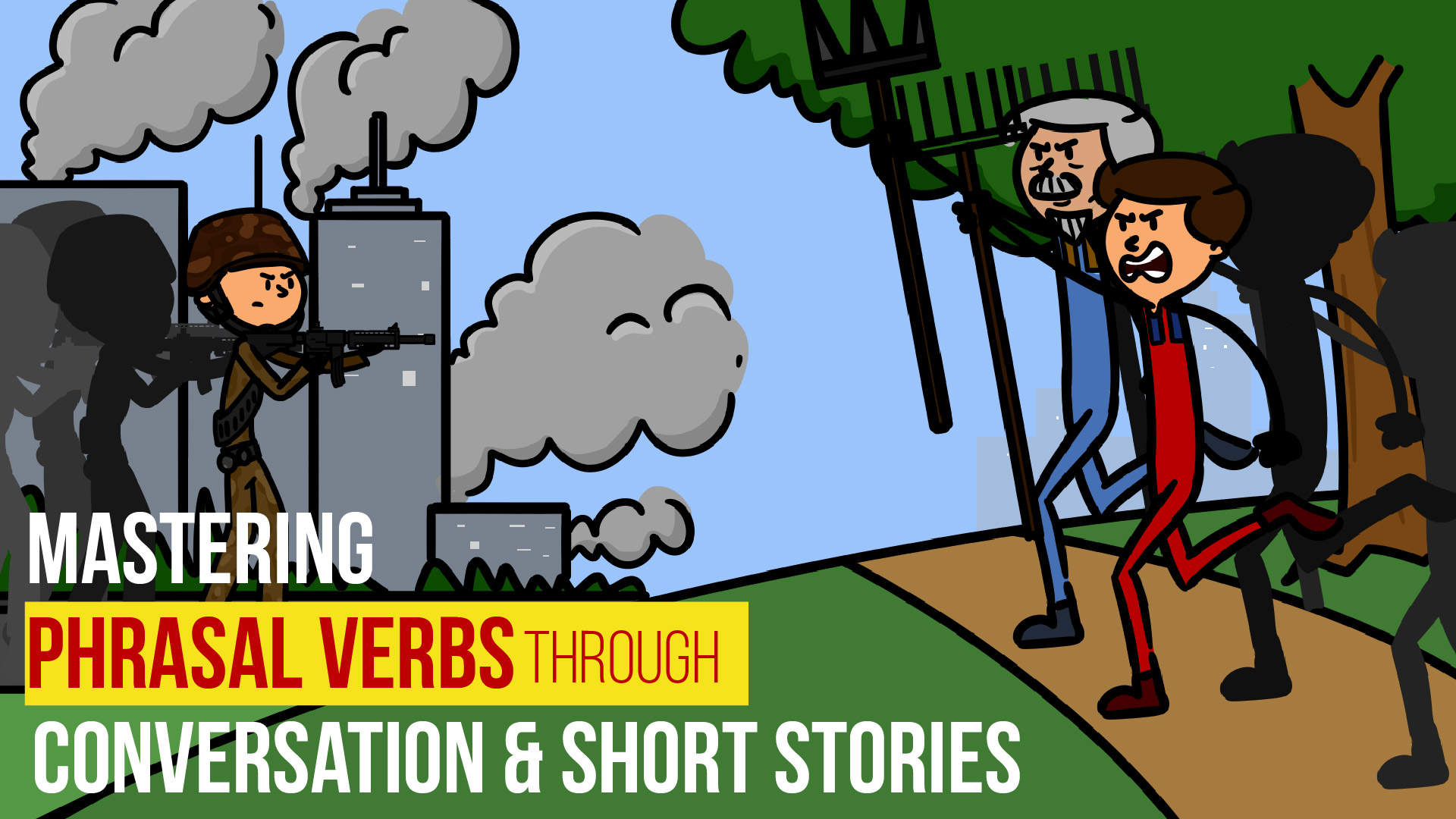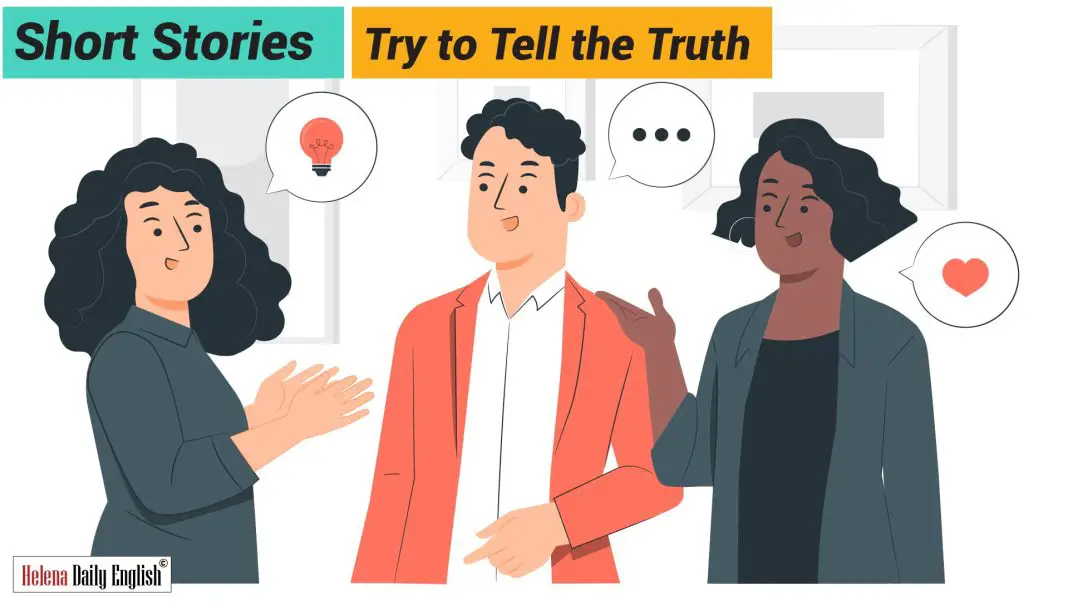Hi everyone,
Learning American idioms through conversation can be an effective and engaging way to grasp the nuances of language. Idioms are often deeply rooted in culture, and understanding them can provide insight into the social context of conversations.
1. Summary of the conversation
A police officer responds to a car accident involving Mr. Randall and Mrs. Jessup. They explain that a driver, who had been tailgating Mrs. Jessup, attempted to cut her off, resulting in a collision with both Mr. Randall and Mrs. Jessup. The officer learns that the other driver fled the scene. Mrs. Jessup provides the officer with the hit-and-run driver’s license plate. The officer assures Mr. Randall that he won’t be held responsible for damages due to the hit-and-run. The officer plans to radio the information to track down the fleeing driver. Both Mr. Randall and Mrs. Jessup express frustration over the situation and discuss potential actions against the hit-and-run driver. The officer advises caution about expecting compensation and emphasizes the unpredictability of such cases. Despite the challenges, the officer reassures them that they will be back on the road soon and that no one was injured in the accident.
2. American idiom list and example
- Fender bender: A car accident that causes minimal damage, usually only to the front or back bumpers
- Example: Sarah was relieved when she realized the car accident was just a fender bender. The only damage was a small dent in the rear bumper, and both drivers were able to exchange information quickly and move on.
- To barrel out of somewhere: To leave somewhere very quickly, usually with little attention to your surroundings
- Example: In a rush to catch the train, Mark decided to barrel out of the office, barely noticing his colleagues as he hurried through the door.
- To ride someone’s tail: To follow someone at an uncomfortably close or dangerous distance
- Example: Mary got annoyed as the car behind her continued to ride her tail, despite the heavy traffic and limited space.
- To rubberneck: To drive slowly past the scene of an accident while turning your neck to see what happened
- Example: Traffic slowed to a crawl as drivers rubbernecked past the accident scene, causing further delays on the already congested highway.
- To speed up: To accelerate
- Example: As the traffic light turned green, the driver accelerated and began to speed up to merge onto the highway.
- To cut someone off: To pass in front of someone very closely and prevent them from moving ahead
- Example: The aggressive driver abruptly cut off the truck, causing the driver to slam on the brakes to avoid a collision.
- To sideswipe someone: To hit someone with the side edge of something
- Example: The careless driver sideswiped the parked car while trying to squeeze into the tight parking space.
- To come up from behind: To approach someone from behind
- Example: Startled, Jane didn’t notice the cyclist coming up from behind until he rang his bell to alert her.
- Blind spot: A part of someone’s field of vision that is obstructed, so that things in this area cannot be seen
- Example: When changing lanes, it’s crucial to check your blind spot to ensure there are no vehicles in the area you can’t see in your mirrors.
- To slam on the brakes: To press the brake pedal in a car forcefully and suddenly
- Example: The sudden appearance of a deer on the road forced the driver to slam on the brakes to avoid a collision.
- To nail someone: To hit or do damage to someone
- Example: The soccer player accidentally nailed the opponent with a high kick, leading to a penalty.
- To pull over: To drive one’s car to the side of the road in order to stop
- Example: The police officer signaled for the driver to pull over to the side of the road for a routine check.
- To swap information: To exchange names, phone numbers, license plate numbers, and insurance company information, especially after a car accident
- Example: After the minor collision, the drivers got out of their cars to swap information, ensuring a smooth insurance process.
- Like a bat out of hell: Moving in a fast and almost crazy manner
- Example: Susan drove like a bat out of hell to make it to the airport on time for her flight.
- Hit and run: A car accident where the person responsible for the accident leaves the scene before the police arrive
- Example: Witnesses reported a hit and run as the driver fled the scene before anyone could identify them.
- To take off: To leave quickly
- Example: As soon as the meeting concluded, James decided to take off and enjoy the rest of his day off.
- To be looking at: To be in a position to expect something
- Example: With the upcoming project deadline, Sarah realized she was looking at a week of late nights at the office.
- To track someone down: To find someone by following clues
- Example: The detective worked tirelessly to track down the elusive suspect using every available clue.
- To give someone a piece of your mind: To give someone your opinion about him or her or something he or she has done
- Example: Fed up with the constant noise from the neighbor’s party, John decided to go next door and give them a piece of his mind.
- To lose sleep over something: To worry about something
- Example: Jenny couldn’t help but lose sleep over the upcoming exam, fearing she hadn’t prepared enough.
- To take someone to the cleaners: To fight for economic compensation until the other person has no more money left
- Example: In the legal battle, the determined lawyer aimed to take the opposing party to the cleaners by securing a substantial settlement.
- To count your chickens before they hatch: To depend on a beneficial
- Example: Sarah had already started planning her vacation before winning the lottery, counting her chickens before they hatched.
- To bark up the wrong tree: To be seeking something from the wrong source
- Example: Thinking the issue was with the computer, Tom was barking up the wrong tree; the real problem was a faulty internet connection.
- To be caught up in something: To be involved in something wrong, illegal, or unethical
- Example: Mark found himself caught up in a heated argument at the office, even though he had initially tried to stay out of it.
- To total a car: To inflict damages that, if repaired, would cost more than the value of the car
- Example: The collision was so severe that it caused the front of the car to crumple, ultimately totaling it.
- To sit tight: To wait, to be patient
- Example: While waiting for the job interview results, Emily decided to sit tight and focus on other aspects of her life.





